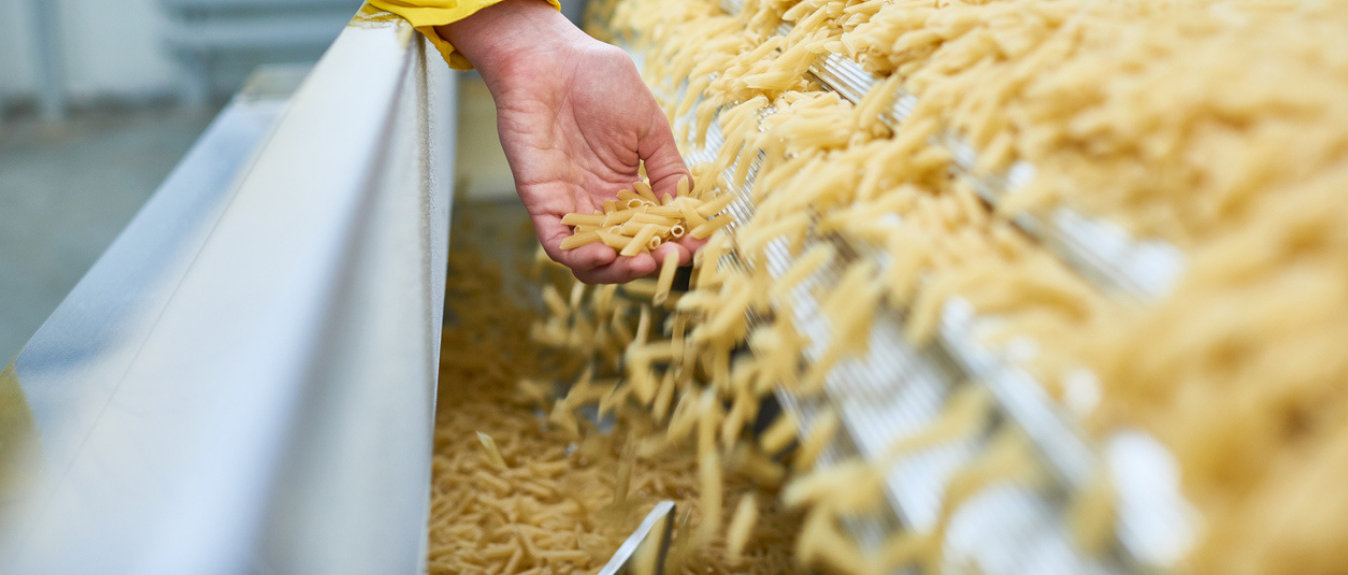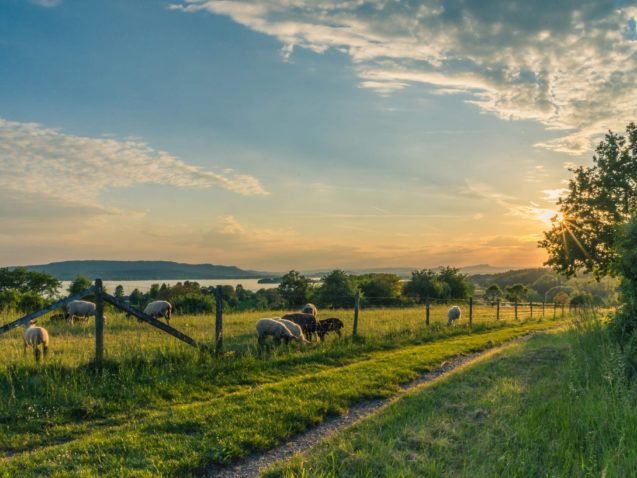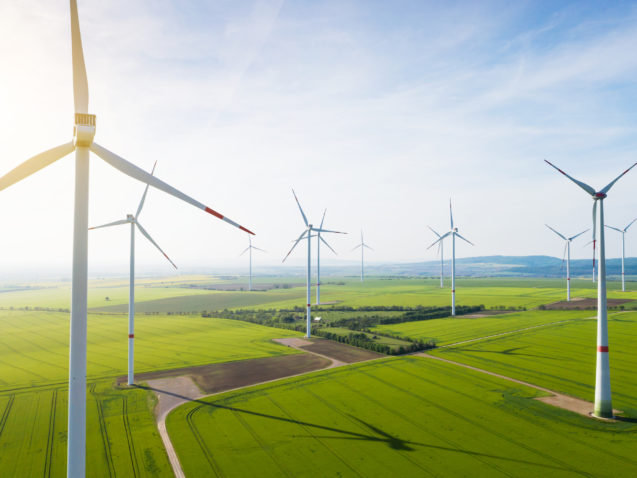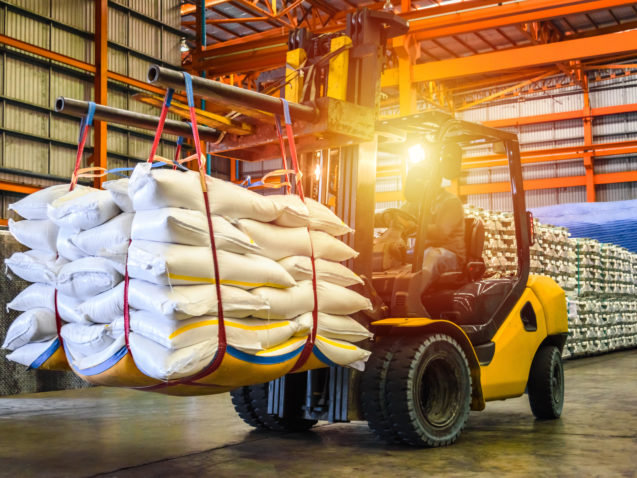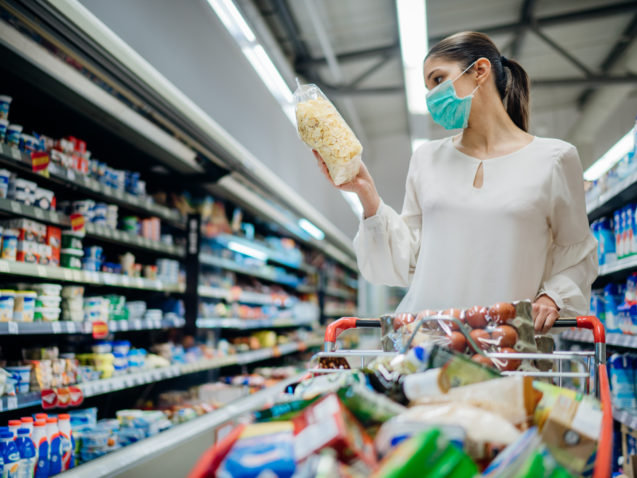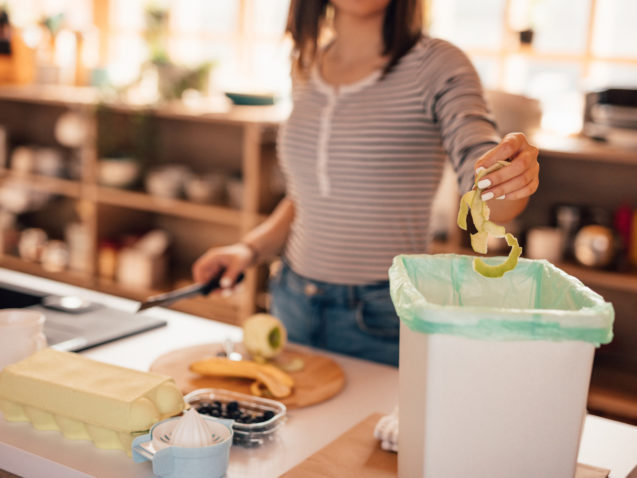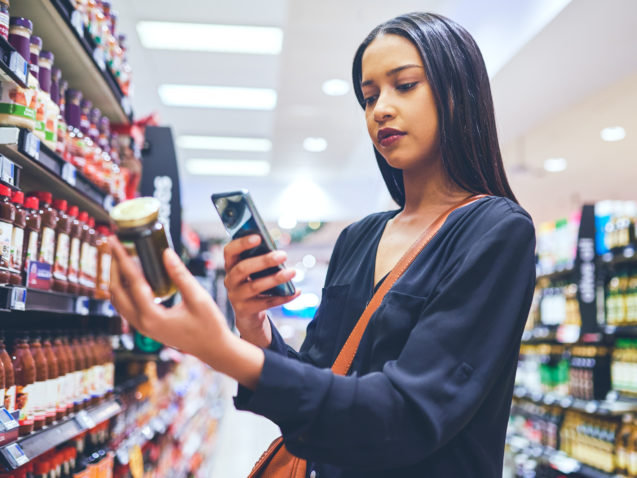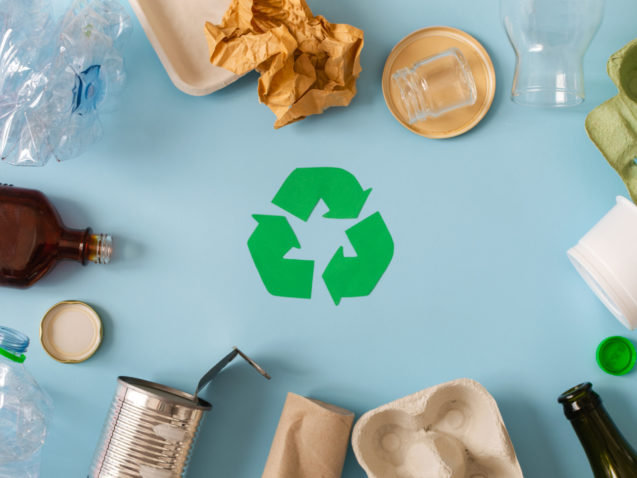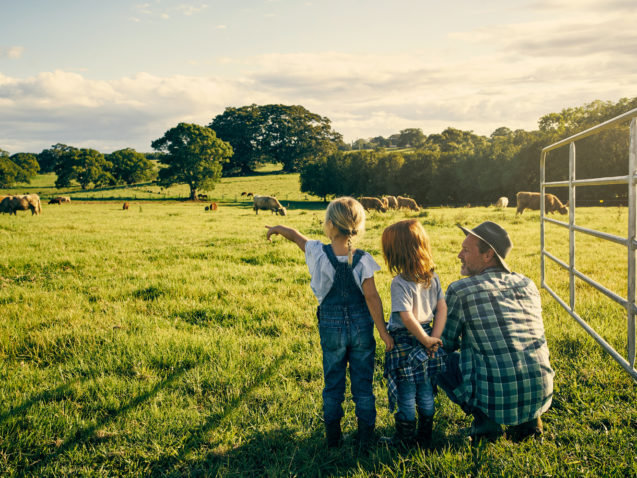And we’re off. The long-awaited Farm to Fork Strategy has been published with the European Commission setting out its ambition for the EU to become the gold standard for environmental, social and economic sustainability. We support this ambition.
While our food systems have shown resilience throughout the Covid-19 pandemic, providing consumers with continued access to safe, nutritious and affordable food and drink products, it is essential that this resilience must be further enhanced to prepare for other significant challenges on our doorstep, notably climate change.
The Farm to Fork Strategy is a positive step towards a common EU food policy.
To be truly sustainable, the Strategy must also help food and drink businesses, particularly SMEs, to survive the Covid-19 pandemic and to thrive after it. The food and drink industry is Europe’s largest manufacturing sector and it will be key to helping restart Europe’s economy and to safeguard jobs.
We’ve read through the Strategy with interest and picked out some themes the food and drink industry will be focused on as and when the proposals are rolled out in more detail.
- Ensuring a holistic EU food policy: The Farm to Fork Strategy is a positive step towards a common EU food policy. However, we would like more assurance from the Commission that the objectives and timelines across all Green Deal initiatives are aligned to ensure a predictable regulatory environment which will encourage innovations needed for sustainable food systems.
- Assessing the impact: To ensure food security, safety and sustainability are not compromised, a structured dialogue is needed with stakeholders, alongside impact assessments on all proposals and targets within the Strategy. For example, while we support the need to reduce excess packaging, this must be contingent on an impact assessment in order to maintain Europe’s continued high food safety standards, as well as to avoiding any increase in food waste.
- Recovering from Covid-19: The Strategy can only be successful if it adequately supports the food supply chain in its recovery from the economic shock caused by the coronavirus pandemic. SMEs make up ninety-nine percent of the food and drink sector and it is these businesses that are feeling the effects of Covid-19 most acutely, in particular those supplying to the hospitality, tourism and leisure sectors. We look forward to more detail on how the Commission will help these businesses “develop new skills and business models, while avoiding additional administrative and cost burdens”, as stated in the Strategy.
- Showing the evidence: We are concerned about measures in the Strategy that have been included without prior consultation or science-based assessment, such as the proposal to establish maximum levels for certain nutrients. We support ideas that will help consumers enjoy a balanced diet as part of a healthy lifestyle but we see maximum levels as a blunt tool, with little evidence base, that will unnecessarily hamper food manufacturers, limit consumer choice and that could potentially even have adverse effects, for example in relation to the shelf life of products.
- Supporting the Single Market: We firmly believe the Single Market should be embedded throughout the Strategy. In this regard, we are particularly concerned about the possible extension of mandatory origin indication for certain products, particularly as the Commission has already found previously that such measures impact negatively on the Single Market and trade. In the same vein, we encourage the Commission to continue to resist Member States undermining the Single Market through protectionism or “gastro-nationalism” which negatively impact European and global trading.
- Empowering consumers: We support the principle of EU-harmonised front-of-pack nutrition labelling, which is an important element to empower consumers. However, we would like to see a clear political roadmap which should ultimately lead to consensus among stakeholders on a single, harmonised and voluntary scheme. In the meantime, we urge the Commission to provide legal certainty and clarity, including around mutual recognition and the establishment of a basic set of principles, in relation to the many FOP nutrition labelling approaches already in operation across the EU. The Commission should also avoid any further multiplication of national initiatives, until a harmonised EU approach has been agreed.
- Delivering food security: The food and drink industry is a major buyer of raw materials, including 70 percent of all EU farm produce. We welcome the Commission’s intention to develop a contingency plan to ensure food supply and food security in times of crisis. Building on our effective collaboration during the Covid-19 crisis, we look forward to working together with the Commission and all partners across the food chain to strengthen our common preparedness for any potential future shocks.
- Keeping fairness central: Decision makers must keep fairness at the heart of the Strategy as only a fair, strong and better functioning agri-food chain will benefit everyone in Europe, especially consumers. A review on buying power across the food supply chain and a redefinition of consumer welfare that takes into account sustainability priorities, rather than lowest possible price, is also necessary to achieve the objectives of the Green Deal.
- Achieving sustainable food systems: As the largest manufacturing sector in Europe the food and drink industry has an important role to play in the transition towards more sustainable food systems. This is why FoodDrinkEurope recently published a paper outlining the food and drink industry priority actions and recommendations to support a greener planet, healthier living and thriving business. We look forward to a constructive dialogue to help shape a truly ambitious EU framework for sustainable food systems.
Our industry is conscious of the important role it needs to play in supporting the Green Deal as the growth strategy to re-boot the economic sustainability of the EU, to help the EU reach its climate neutrality commitment in 2050 and to contribute to healthier living.
The Strategy can only be successful if it adequately supports the food supply chain in its recovery from the economic shock caused by the coronavirus pandemic.
To that end, I look forward to many good discussions with the EU institutions and other partners as we work collectively towards a sustainable future for all.
Please see here our detailed submission to the Commission’s Farm to Fork consultation.


